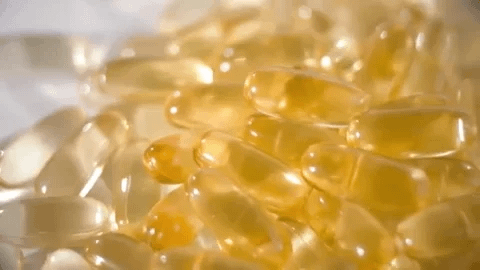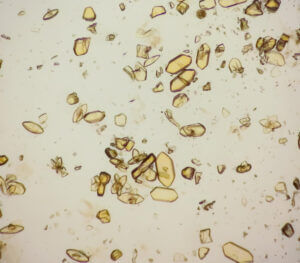

1. Foods to Naturally Lower Uric Acid
Choosing the right foods plays a vital role in managing uric acid levels. Opting for low purine protein sources and avoiding high-sugar or high-purine foods can help keep uric acid under control.
- Low Purine Protein Sources: Choose protein sources with low purine content to reduce uric acid production. Some excellent options include:
- Eggs: A low purine protein that’s easy to prepare and versatile.
- Low-Fat Dairy: Milk, yogurt, and cheese have very low purine levels and can even aid uric acid excretion.
- Plant-Based Proteins: Lentils, chickpeas, tofu, and other legumes provide protein without high purine content.
- Cherries and Cherry Extract: Tart cherries have anti-inflammatory properties and may help reduce uric acid levels. Add fresh cherries to smoothies or meals, or look for cherry extract if fresh cherries aren’t available.
- Fiber-Rich Foods: High-fiber foods like whole grains, vegetables, and legumes help balance blood sugar and assist in reducing uric acid levels. Aim for daily servings of fiber-rich foods like oats, quinoa, leafy greens, and broccoli.
- Hydrating Fruits and Vegetables: Staying hydrated aids in uric acid excretion. Include water-rich fruits and vegetables like cucumbers, watermelon, and citrus fruits in your diet for added hydration benefits.

2. Lifestyle Tips for Managing Uric Acid
Lifestyle habits can significantly impact uric acid levels, especially when it comes to hydration, weight management, and alcohol consumption.
- Stay Well Hydrated: Proper hydration helps your body flush out uric acid. Aim for 8 glasses of water a day and add hydrating foods to your meals.
- Maintain a Healthy Weight: Excess weight is linked to elevated uric acid levels, so maintaining a balanced weight can help. Engage in regular physical activity, like walking, swimming, or strength training, and avoid crash diets, as rapid weight loss may temporarily raise uric acid.
- Limit Alcohol, Especially Beer: Alcohol, particularly beer, is high in purines and can contribute to high uric acid levels. Reducing alcohol intake can help prevent uric acid spikes, especially if beer is regularly consumed.
- Reduce Sugary Foods and Drinks: Fructose, found in sugary foods and drinks, can lead to higher uric acid production. Minimize your intake of sodas, sweets, and foods with high-fructose corn syrup. Fresh fruits, which contain lower fructose levels, are a better alternative.

3. Supplements to Lower Uric Acid
Certain supplements can support uric acid management and complement a balanced diet and lifestyle.
- Vitamin C: This antioxidant vitamin has been shown to aid in uric acid reduction by promoting its excretion. Aim for 500 mg per day from food sources like citrus fruits, bell peppers, and kiwis, or consider a Vitamin C supplement if recommended by your healthcare provider.
- Tart Cherry Extract: Tart cherry supplements are a convenient way to benefit from cherries if fresh ones aren’t available. Tart cherry extract may help lower uric acid levels and reduce inflammation.
- Yuri Care Uric Acid Cleanse: This natural supplement supports the body’s ability to manage uric acid levels effectively. Yuri Care Uric Acid Cleanse is specially formulated to aid uric acid reduction and promote kidney health, making it a great option for those looking to naturally support their health.
- Magnesium: Magnesium supports metabolic processes and may help balance uric acid levels. Magnesium supplements can be beneficial, especially for those who find it challenging to get enough from food sources like leafy greens, nuts, and seeds.
- Omega-3 Fatty Acids: Found in fish oil supplements, omega-3s can help reduce inflammation, making them beneficial for uric acid management. They’re also supportive of heart health, which can be impacted by high uric acid.
Conclusion
By making mindful choices in foods, adopting healthy lifestyle habits, and using supportive supplements like Yuri Care Uric Acid Cleanse, you can effectively, and naturally, lower uric acid levels. Combining these approaches creates a well-rounded strategy for uric acid management and offers lasting benefits to your health. Always consult with your healthcare provider when making changes to your diet or supplement routine, particularly if you have other health conditions that may affect uric acid levels.


